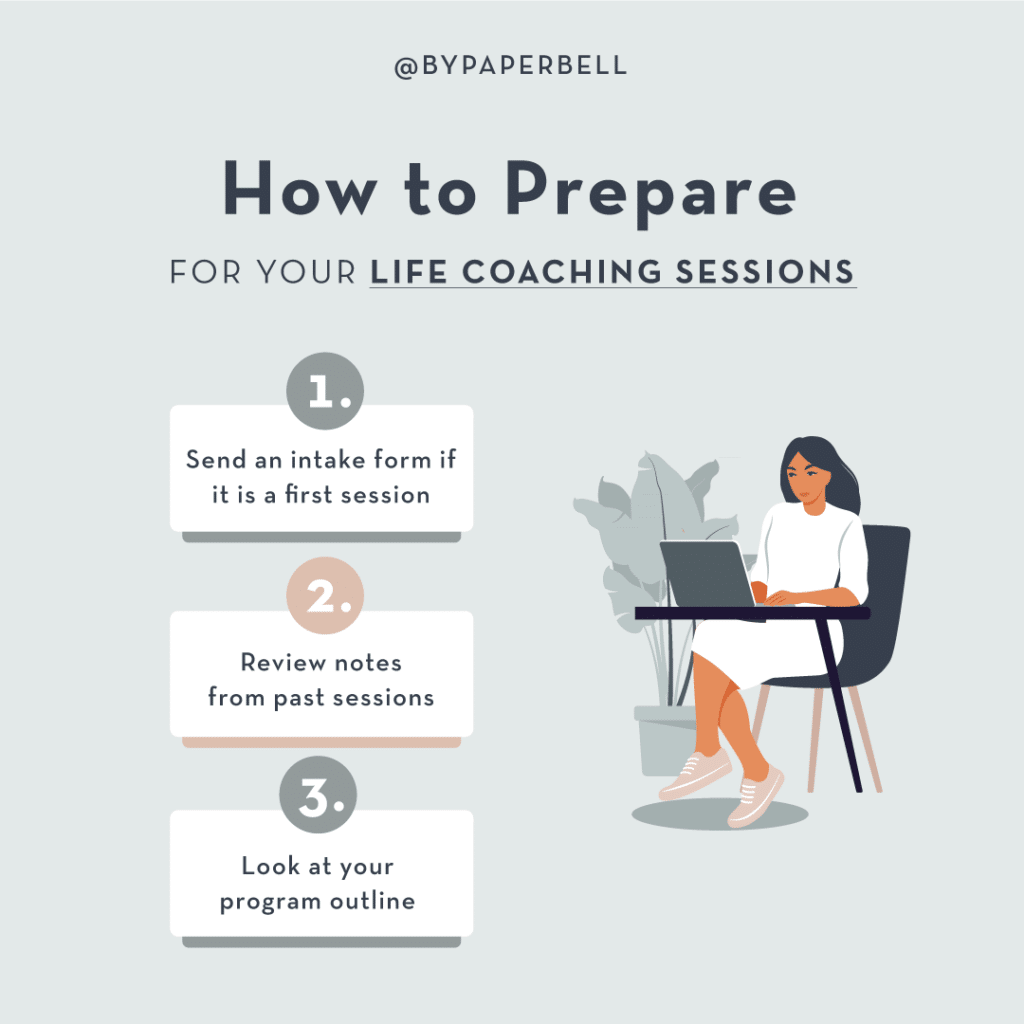In today’s fast-paced world, it’s easy to get caught up in the stress, challenges, and overwhelming demands of daily life. Emotional wellness, often overlooked, is an essential component of overall well-being and personal growth. This is where emotional wellness coaching comes in—a transformative approach to help you navigate life’s ups and downs, build resilience, and create a more balanced and fulfilling existence.
What is Emotional Wellness Coaching?
Emotional wellness coaching is a specialized form of coaching that focuses on developing emotional intelligence, understanding your feelings, and building the skills necessary to manage emotions effectively. Unlike therapy, which delves into past traumas and deep-rooted psychological issues, emotional wellness coaching is present-focused and future-oriented. It aims to empower individuals to harness their emotions as tools for personal growth, achieve emotional stability, and create meaningful changes in their lives.
Why Emotional Wellness Matters
Emotional wellness is the ability to express emotions in a healthy way, maintain self-awareness, and manage stress effectively. It impacts how you handle relationships, work, and challenges. When your emotional well-being is balanced, you experience less anxiety, are more resilient to setbacks, and enjoy better mental health. In contrast, poor emotional wellness can lead to stress, burnout, difficulty in relationships, and a diminished sense of purpose.
Key Benefits of Emotional Wellness Coaching
- Enhanced Emotional Resilience One of the primary benefits of emotional wellness coaching is the development of emotional resilience. This means you learn how to face life’s challenges head-on and bounce back from difficult situations. Through coaching, you can acquire techniques to manage stress, navigate uncertainty, and stay motivated even during hard times.

- Improved Self-Awareness Emotional wellness coaching encourages you to become more attuned to your emotions and how they influence your behavior. This heightened self-awareness helps you identify triggers, understand your emotional responses, and make conscious choices about how to respond to different situations. This practice leads to more intentional and thoughtful decision-making.
- Better Stress Management Stress is an inevitable part of life, but how you handle it can make all the difference. Emotional wellness coaching provides strategies for managing stress in healthy ways, such as mindfulness, breathing exercises, and grounding techniques. These practices help you stay calm, think clearly, and approach challenges with a more balanced mindset.
- Strengthened Relationships Your ability to communicate effectively and empathize with others greatly impacts your relationships. Coaching can help you develop emotional intelligence skills, such as active listening, empathy, and assertive communication. This leads to deeper and more meaningful connections with family, friends, and colleagues.

- Increased Confidence and Self-Esteem Emotional wellness coaching helps you identify your strengths and build on them, fostering self-confidence and self-worth. As you learn to manage your emotions constructively and handle difficult situations with grace, your sense of self increases, empowering you to pursue your goals and take on new challenges.
- Goal Achievement and Motivation Emotional wellness coaching can help you set clear, achievable goals and develop the confidence needed to pursue them. With the right strategies, you can overcome procrastination, stay committed, and maintain motivation, ultimately leading to greater achievements and a sense of fulfillment.
Key Techniques Used in Emotional Wellness Coaching
- Mindfulness and Meditation: These practices enhance your awareness of the present moment, helping you to step back from overwhelming emotions and develop a calm, focused mindset.
- Positive Affirmations: Repeating positive affirmations can help shift negative thought patterns and build a more optimistic outlook on life.
- Journaling: Writing about your thoughts and feelings can help you process emotions, gain insight, and track your personal growth.
- Cognitive Behavioral Techniques (CBT): These techniques help you recognize and reframe negative thinking patterns, making it easier to respond to situations in a constructive way.
- Visualization: Visualizing success and desired outcomes can motivate you and help you maintain a positive and forward-thinking mindset.

How to Start with Emotional Wellness Coaching
- Choose the Right Coach: Look for a coach who aligns with your values and has experience in emotional wellness. The best coaches offer a supportive and non-judgmental approach and tailor their methods to your unique needs.
- Set Clear Goals: Identify what you want to achieve with emotional wellness coaching, whether it’s stress reduction, increased confidence, or better emotional management.
- Be Open and Honest: Embrace the coaching process with openness. The more honest you are about your emotions and challenges, the more effective your coaching will be.
- Commit to Practice: Coaching isn’t a one-time fix; it’s an ongoing process. Commit to implementing the strategies you learn and be patient with yourself as you progress.
Conclusion
Emotional wellness coaching can be the catalyst for a profound transformation in your life. By understanding and mastering your emotions, you can cultivate resilience, build stronger relationships, and achieve your goals with greater ease. If you’re looking to improve your overall quality of life and find a more balanced, peaceful, and confident version of yourself, emotional wellness coaching could be the perfect step forward.

